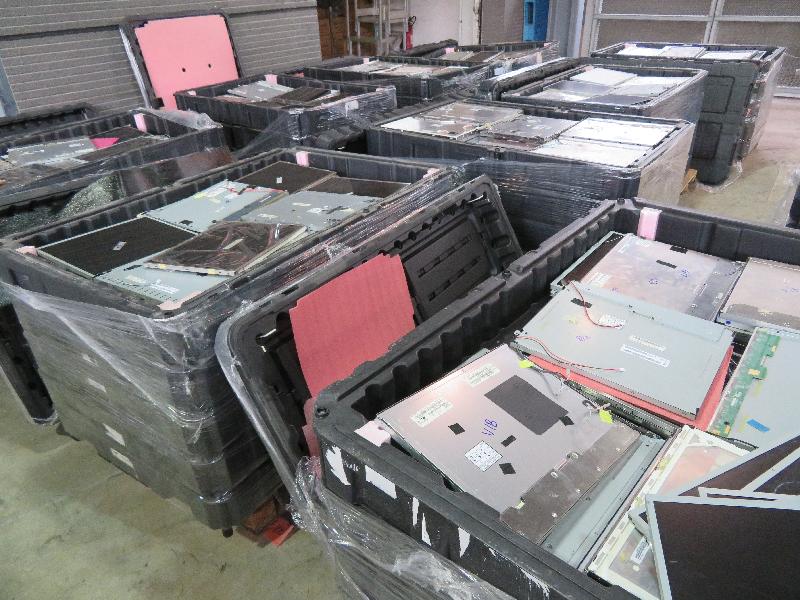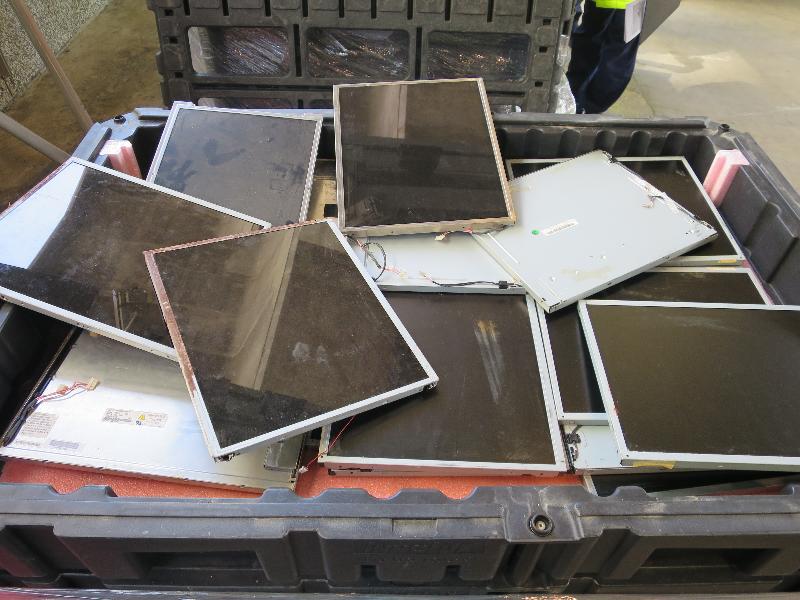Proposed guidelines for Rural Representative Election released for public consultation
The following is issued on behalf of the Electoral Affairs Commission:
The Electoral Affairs Commission today (June 12) released for public consultation the proposed guidelines on election-related activities in respect of the Rural Representative Election. The public consultation period will last for 30 days until July 11.
Speaking at a press conference today, the Commission Chairman, Mr Justice Barnabas Fung Wah, said, “The proposed guidelines were drawn up by the Commission for the rural ordinary election to be held in January next year and the rural by-elections to be held afterwards. They are prepared on the basis of the existing guidelines for the Rural Representative Election, with suitable alterations to reflect the amendments made to the relevant electoral legislation. The proposed guidelines also include elaboration on certain parts of the guidelines, with most of the amendments seeking to align the content with the other electoral guidelines.”
A total of 1 484 Village Representatives, comprising 695 Resident Representatives and 789 Indigenous Inhabitant Representatives, will be returned for 709 villages in the next rural ordinary election. In addition, 39 and 17 Kaifong Representatives will be returned for the market towns (MTs) of Cheung Chau and Peng Chau respectively.
“One of the major amendments in the proposed guidelines is to set out clearly the residence requirement for registration as electors for existing villages (EVs) and MTs, and change in eligibility for registration upon change of the electors’ principal residential address. An elector must be a resident of the village or MT for the three years immediately before applying to be registered. In addition, the elector must keep residing in the village or MT so registered. Otherwise, he/she is no longer eligible to remain registered as an elector. Even though his/her name is still on the valid final registers, the person concerned will commit an offence if he/she votes at the election,” Mr Justice Fung said.
“In order to maintain the accuracy of the final registers, the electors should report to the Home Affairs Department any change of their principal residential address, especially for moving out of the EV or MT, in a timely manner in pursuance of their civic responsibilities,” he said.
The proposed guidelines also specify the requirement to submit documentary evidence proving the principal residential address upon an application for change of that address by an elector for EVs or MTs. If the new principal residential address is within the boundary of the same village or MT, the elector needs to submit address proof issued within the last three months. However, if the elector has moved to another EV or MT, he/she must submit documentary evidence proving that he/she has been a resident of that village or MT for at least three years immediately before making the application. The statutory deadline for electors to report on change of principal particulars has been advanced to June 16 in each year. The Electoral Registration Officer will also take checking measures as appropriate.
In addition, the proposed guidelines set out precisely the types of documents that an elector must produce, typically a Hong Kong Permanent Identity Card, before a ballot paper can be issued to him/her.
In the proposed guidelines, candidates are reminded of the need of apportionment of expenses between election-related purposes and any other purposes. The deadlines for submitting the election return for all candidates in the same election have also been aligned. In addition, candidates are also reminded to adopt measures to safeguard the personal data of electors.
The proposed guidelines can be downloaded from the Commission’s website (www.eac.gov.hk). They are also available at the Registration and Electoral Office and the Home Affairs Enquiry Centres of District Offices.
Written representations can be sent to the Commission’s Secretariat by post to 10/F, Harbour Centre, 25 Harbour Road, Wan Chai; by fax to 2511 1682; or by email to eacenq@reo.gov.hk before the deadline. Late submissions will not be considered.
A public forum will be held from 7pm to 8pm on June 21 at Lung Hang Estate Community Centre, Lung Hang Estate, Sha Tin. Members of the public are invited to attend to express their views.
For enquiries, please call 2891 1001. read more



